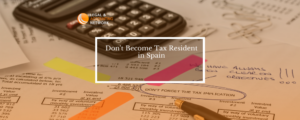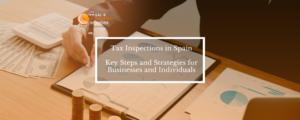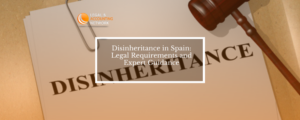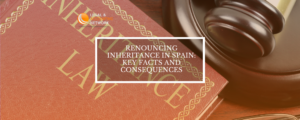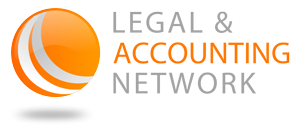What do we do if a Labour Inspector visits our business?
It is not uncommon to hear “Good morning, I am the Labour Inspector”, uttered by an inspector who appears, unannounced, at your business.
The most characteristic way of initiating a Labour Inspection is, without a doubt, by means of a visit by the Inspector to the workplace, without the need for prior notice of any kind.
If this happens, the Inspector can go to the workplace in two different ways:
- Identifying themselves as a Labour inspector.
- Incognito, i.e. posing as a client, for example, if he/she considers that identifying themselves as inspectors can endanger or jeopardize the success of the inspection.
In the first case, the inspector must show the official accreditation issued by the Labour and Social Security Authorities and inform the employer, his representative or the person being inspected.
If the inspector starts the visit by incognito, he must identify himself if he wishes to access the business premises, request documentation or identify the employees and personnel present in the workplace
Once the Inspector arrives at the workplace, other questions arise:
Can we prevent the Inspector from entering?
In most cases the answer is no, because by law the Labour Inspector, like the tax inspectors, may enter freely at any time and without prior notice into the workplace, establishment or place subject to inspection and may remain there.
However, there is an exception: if your business is run from your home, the inspector must obtain the express consent and, if this is not the case, obtain the appropriate legal authorisation as required by Article 18.2 of the Constitution which refers to the inviolability of the home.
This is the case, for example, of a doctor who sees patients at home, or a lawyer who uses part of his home as home office
What happens if we do prevent the access?
Obstruction of inspection work can be classified as minor, serious and very serious infringements, ranging from 70 euros in the minimum degree of the minor infringement, up to around 230.000 euros in the maximum degree of a very serious infringement.
Likewise, if the visit has been previously arranged or agreed with the Inspector, the unjustified absence can also be considered as obstruction.
And what can the Inspector do once he/she has entered the workplace and identified himself/herself?
The Inspector or Sub-Inspector may ask to be accompanied during the inspection visit by the employer or his representative; or also by the workers, their representatives and the company’s experts and technicians; and even by experts or experts belonging to the Administration or other officially authorised persons.
And on the occasion of their visits to workplaces, the officials can request the presence of the workers’ representatives when legally appropriate.
The Inspector or Sub-Inspector may also, during the visit, demand the identification, or reason for their presence, of persons who are in the inspected workplace and may also request information, in private or in front of witnesses, from the employer or company personnel on any matter that is the object of the inspection.
It is common, for the inspector to question the employer and the workers about, for example, working hours and days, working conditions, etc. However, bear in mind that the statements made by the workers and the employer are not covered by the presumption of veracity, therefore, even if they are recorded in the report, they will not be taken directly as true and can be discussed.
It must be clear that the responsibility, and the consequences, for the non-identification of the persons in the inspected workplace is exclusive to each of them because the inspected person, even if he is the employer, does not have the authority to force other persons to identify themselves if they do not want to do so.
The inspector may also examine at the workplace all types of documentation to verify compliance with social security legislation, such as: accounting books, records, computer programs and software (for which it must be provided with the passwords), official declarations; registration, affiliation, registration and deregistration documents such as contracts, proof of payment of Social Security contributions or benefits or documents justifying salary payments.
It is important to know that the aforementioned documentation can only be handed over to the Labour Inspector by the owner or by persons with authority within the company; therefore, if at the time of the visit the owner or a person with authority in the company is not present, the Inspector will not be able to access this information at that time. In this case, what the Inspector can do is to require that these documents are submitted at a scheduled place and time.
The inspector can extract samples of substances and materials used or handled in the establishment, take photographs, videos, record images, draw sketches and plans, provided that the employer or his representative is notified, and obtain copies and extracts of all the documents mentioned above.
Another important issue to bear in mind is that the Labour inspector may adopt, at any time during the course of the proceedings, the precautionary measures it considers appropriate and proportionate, to prevent the destruction, disappearance or alteration of the aforementioned documentation.
However, it is not a usual procedure to adopt precautionary measures and, if they are adopted, it must be done restrictively and aim not to affect the activity of the company and the rights of the employer.
If the inspection has been initiated by means of a visit and it is not possible to complete the procedure because the requested documents are not provided, the Inspection office can notify and require that these documents are submitted on a later date to the corresponding Labour Authorities.

